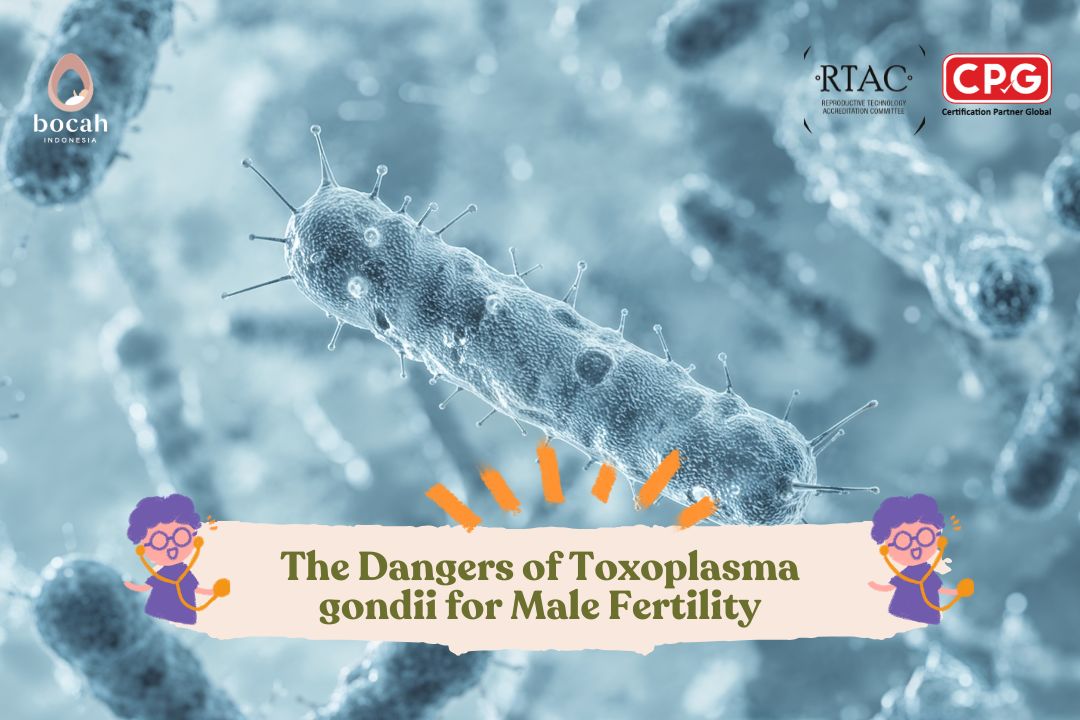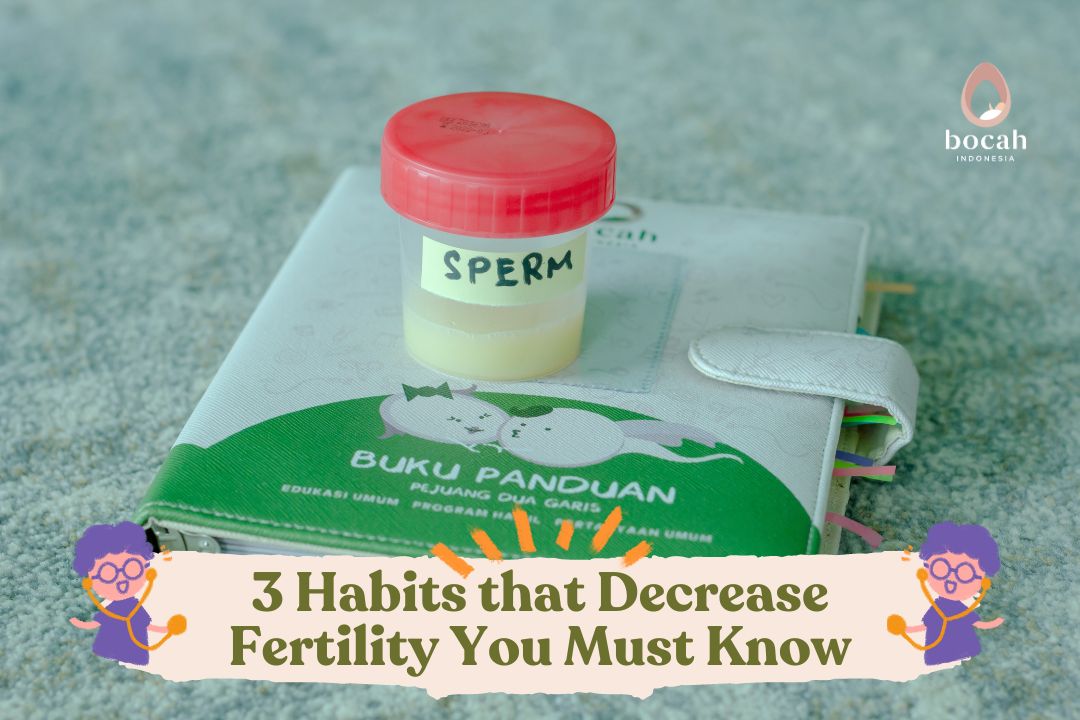Fertility Planning for Male Smokers: What You Need to Know

Smoking habits can negatively affect overall health—including fertility. The chemical substances in cigarettes have harmful effects on both general health and reproductive function.
Not only the lungs, but cigarettes and their smoke also contain toxic chemicals that can impair fertility in both men and women. In men, smoking habits can cause a decline in sperm quality, including a 22–25% reduction in sperm concentration, as well as a significant increase in sperm with abnormal motility and morphology.
The chemicals in cigarettes, such as tar and nicotine, can enter the bloodstream, contaminating the semen and decreasing sperm quality.
Even in young men, these chemicals may cause erectile dysfunction. According to the American Society for Reproductive Medicine, active smokers tend to have up to 23% lower sperm count compared to non-smokers.
Why Does Smoking Damage Sperm?
There are several reasons why smoking can reduce sperm quality and cause sperm damage, including:
Tanya Mincah tentang Promil?
1. Toxic Substances in Cigarettes
Chemical compounds such as nicotine, tar, carbon monoxide, and benzene can enter the body and reach the testicles. These toxic agents may damage the sperm-producing cells (Sertoli and Leydig cells). Furthermore, these chemicals can interfere with sperm development and reduce sperm count.
2. Hormonal Disturbances
The chemical content of cigarettes can disrupt the body’s hormonal balance. Nicotine can suppress the hypothalamic–pituitary axis, leading to decreased levels of testosterone, FSH (Follicle-Stimulating Hormone), and LH (Luteinizing Hormone). This results in reduced sperm production and maturation, lower libido, and erectile dysfunction.
3. Oxidative Stress
Cigarette chemicals can trigger oxidative stress. According to research published in the Open Access Macedonian Journal of Medical Sciences, smoking increases oxidative stress levels in the body, weakening antioxidant defenses against free radicals.
4. Genetic Alterations in Sperm
The chemicals in cigarettes can damage sperm DNA. Damaged DNA reduces the sperm’s ability to fertilize an egg. Research published in the journal Andrology indicates that the accumulation of lead (Pb) and cadmium (Cd) in seminal plasma due to smoking correlates with reduced sperm count and motility.
Can a Smoker Still Join a Fertility Program?
Yes, it’s still possible but smoking reduces the chances of success. While smoking may not directly cause infertility, it can lower the likelihood of healthy conception.
Men are advised to quit smoking at least three months before starting a fertility program, giving the body sufficient time to improve sperm quality.
The Right Fertility Program for Smokers
If you and your partner are planning a fertility program and the husband smokes, ensure he quits smoking at least three months beforehand. This allows the body time to repair sperm quality.
Steps for a Fertility Program for Smokers:
1. Improve Your Diet
One of the first steps for men who smoke is to adopt a healthier diet rich in antioxidants, such as fruits, vegetables, and whole grains.
Couples should also ensure proper nutrition to support reproductive health during the conception program.
2. Improve Lifestyle Habits
In addition to a healthy diet, regular exercise is important to enhance sperm quality.
Avoid excessive or strenuous exercise that can cause stress to the body. Also, avoid cycling or activities that raise testicular temperature, as this may affect sperm production.
3. Avoid Exposure to Toxins
Aside from cigarettes, other harmful factors such as excessive alcohol consumption, chronic stress, or occupational exposure to heavy chemicals can impair fertility.
If you and your partner are planning a fertility program, minimize exposure to toxins that may disrupt sperm health.
Fertility Supplements to Support Male Reproductive Health
To optimize fertility during a conception program, men are encouraged to take supplements that support sperm health. Here are several key supplements that may enhance fertility and increase the chance of success:
Folic Acid (Vitamin B9)
Adequate folic acid intake promotes the production of healthy sperm in both count and morphology. Dietary sources include spinach, green beans, broccoli, eggs, chicken, and beef liver.
Vitamin C
Vitamin C can improve sperm count and motility while reducing sperm damage. It can be found in oranges, mangoes, strawberries, tomatoes, peas, and potatoes.
Vitamin D
Vitamin D supports the production of testosterone, the hormone essential for sperm formation. Adequate levels contribute to better sperm quality.
Vitamin E
This vitamin helps increase sperm count and motility. Research published in BioMed Research International notes that Vitamin E acts as an antioxidant, neutralizing free radicals that can damage sperm. Food sources include avocados, leafy greens, almonds, peanuts, and sweet potatoes.
Zinc
Zinc is crucial for maintaining testosterone levels and increasing sperm production, motility, and normal morphology.
Coenzyme Q10 (CoQ10)
CoQ10 acts as a powerful antioxidant that helps address reproductive health issues, particularly male infertility. It is found in green vegetables, soybeans, fish, and red meat.
When Should You See a Fertility Doctor?
If pregnancy does not occur after one year of active attempts and lifestyle improvements, it is recommended to consult a fertility specialist for further evaluation and tailored treatment.
Conclusion: Fertility Programs Can Still Succeed—with Shared Commitment
Undergoing a fertility program when the husband smokes may present challenges, but it is not impossible. The key lies in awareness, lifestyle changes, and mutual support from the partner. With consistent cooperation, the fertility journey can proceed more effectively and increase the chances of conception.
Source:
- Kamceva, G., et al. (2016). Cigarette Smoking and Oxidative Stress in Patients with Coronary Artery Disease. Open Access Maced J Med Sci. 2016 Dec 15;4(4):636-640.
- Jenkins, TG., et al. (2017). Cigarette smoking significantly alters sperm DNA methylation patterns. Andrology. 2017 Nov;5(6):1089-1099.
- Kovac, JR., et al. (2016). The Effects of Cigarette Smoking on Male Fertility. Postgrad Med. 2015 Feb 19;127(3):338–341.
- Tang, Q., et al. (2019). Semen quality and cigarette smoking in a cohort of healthy fertile men. Environ Epidemiol. 2019 Aug 13;3(4): e055.
- American Society for Reproductive Medicine. (2023). Tobacco of Marijuana Use and Infertility: A Committee Opinion.










